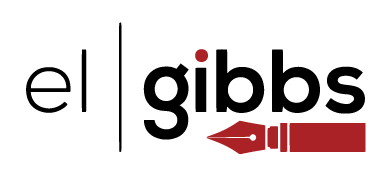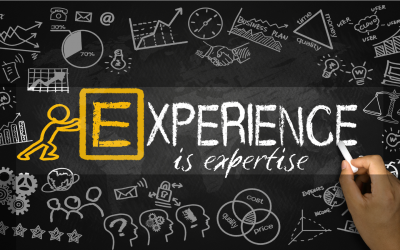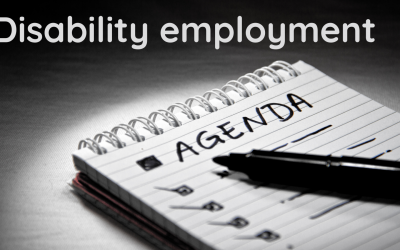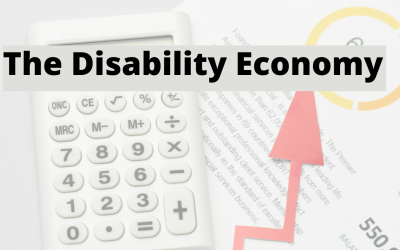There has been some discussion about using the word ‘disabled’ in the recent release of Growing Up Disabled in Australia. The editor, Carly Findlay, posted about it on her Facebook page, and on her blog.
There have been comments on events for the book, chiding us for using disabled people – for example ‘you must say differently abled’. People who work in disability support or education insist that the language they were taught to use is the only correct form. Special needs, living with disability, handi-bloody-capable. All euphemisms for being actually disabled.
In Australia, there were strong pushes to use people with disability, particularly in response to language such as handicapped, as part of the emerging disability rights movements, or what is know as person-first language. This was seen as the most disability rights focused language, and is still what is primarily used by disability organisations, governments and civil society.
In the UK, they went down a different path, preferring identity-first language, such as disabled people citing the social model of disability, and asserting disabled identity in a political way. The same arguments were made about person-first language here.
Language evolves – we understand that in lots of other contexts – and language around disability has evolved as we’ve insisted, more and more, that we need to be listened to about this.
There has been a change in Australia in recent years, and also in the US. Lawrence Carter-Long kicked off a discussion there using #SayTheWord to encourage the use of ‘disabled’, and not using other words to describe what we are. Here, there has also been a push from disabled people to change our language, with many of us preferring identity-first language.
The updated disability language guide from PWDA reflects this change, as does the recent Australian Style Manual.
One of the themes in the discussion has been ‘but I was taught/learned/told to use x language.’ I get that, but disabled people are asking you to listen to us, the experts on our lives.
Most learning material about disabled people and our lives has traditionally been written by non-disabled people, with little to no input from us. That is starting to change, but will take time to filter through to material taught to disability support workers, for example.
I know that many non-disabled people are taught that disability is about being broken, that people want to ‘rise above’ or ‘get beyond’ their disability. This is deeply embedded in the medical and charity models of disability, rather than in the social model that many of us strongly relate to.
The social model of disability says the barriers we face aren’t about us, but are about the world – the problem with being disabled isn’t about our impairments, but about the attitudes, access, expenses, discrimination, violence we experience in the world.
The reclaiming of disabled, or autistic, or cripple, or Mad, or a bunch of other ways we used to describe ourselves are about this – fighting back against shame, or any sense that we are the problem.
The fight for disability rights is about us have more power to decide about what happens in our lives, and that includes the right to call ourselves by our preferred language. For some disabled people, that is person with disability, for others, it’s disabled person. That is our right to use the language we prefer, and your responsibility, as a non-disabled person, to use that preferred language.





